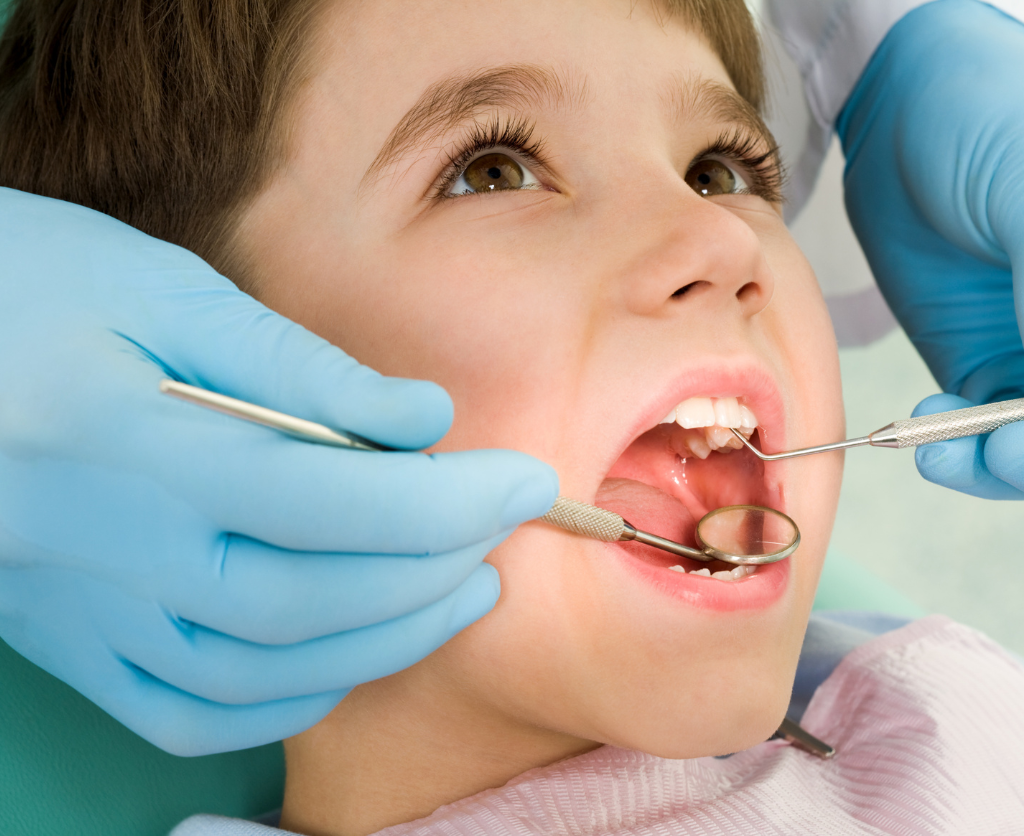
Children’s Dentistry: How Thumb Sucking and Pacifier Use Affect Dental Health





It’s bedtime, and your little one is clinging to their pacifier, or perhaps gently sucking their thumb while drifting off to sleep. As a parent, it’s a heartwarming sight—a small gesture of comfort that helps them feel safe. But what happens if this habit continues as they grow older? Thumb sucking and pacifier use are natural behaviors in infants, but when prolonged, they can lead to misaligned teeth, bite problems, and other oral health issues. Understanding the risks, early warning signs, and strategies for prevention can help you protect your child’s smile while still respecting their need for comfort.
Thumb sucking is an instinctive reflex that begins in infancy and is often a source of self-soothing. Pacifiers serve a similar purpose, offering comfort, stress relief, and even a sense of security at night or during stressful moments. Most children naturally stop these habits between the ages of 2 and 4. However, when the behaviors persist beyond the eruption of permanent teeth, they can affect dental development, leading to potential issues with tooth alignment and jaw structure.

The risk of dental problems from thumb sucking or pacifier use depends on several factors:
Parents should watch for subtle signs that a sucking habit may be affecting dental health:
Early recognition is key. Intervening before permanent teeth come in can prevent more serious dental complications later.
Pediatric dentists use a combination of observation, examination, and history-taking to assess the impact of thumb sucking or pacifier use:
This thorough approach ensures that treatment addresses the root of the problem rather than just cosmetic concerns.
Professional Care
At-Home Strategies
Myth: Thumb sucking is harmless if stopped by age three.
Fact: Even habits that end around age three can affect dental development if they were frequent or intense.
Myth: Pacifiers are better than thumb sucking.
Fact: Both habits can cause similar dental issues if used excessively or for too long.
Myth: At-home remedies can permanently fix dental problems caused by sucking habits.
Fact: While behavior modification can reduce risk, professional dental treatment is often necessary to correct misalignment or bite problems.
Q: At what age should I start weaning my child off the pacifier?
A: Experts recommend gradually reducing pacifier use by age one, particularly before permanent teeth appear.
Q: Can thumb sucking cause speech problems?
A: Yes, prolonged thumb sucking can affect speech development, including causing a lisp or difficulty with certain sounds.
Q: Is it too late to correct dental issues caused by these habits?
A: No, many dental problems can be corrected with timely intervention, though earlier action usually makes treatment easier.
Q: How can I encourage my child to stop sucking their thumb or pacifier?
A: Positive reinforcement, substitute comfort items, consistent reminders, and professional guidance can all be effective.
Q: When should I see a dentist about these habits?
A: If your child continues thumb sucking or pacifier use beyond age three or shows early signs of dental misalignment, schedule a consultation with a pediatric dentist.
Prolonged thumb sucking and pacifier use don’t have to result in permanent dental problems. Early awareness, supportive behavior modification, and regular dental care can help your child maintain a healthy smile and proper tooth alignment. If you notice persistent habits or early warning signs, reach out to a pediatric dentist to discuss the best approach for your child. Taking action today can prevent more complicated issues tomorrow.

For a Trusted Pediatric Dentist in Your Area:
Smiles by Design – A Carmel Mountain Dentist You Can Trust
Phone: (858) 485-5552
Address: 15373 Innovation Drive #110, San Diego, CA 92128
Schedule a consultation to protect your child’s dental health and ensure a confident, healthy smile.